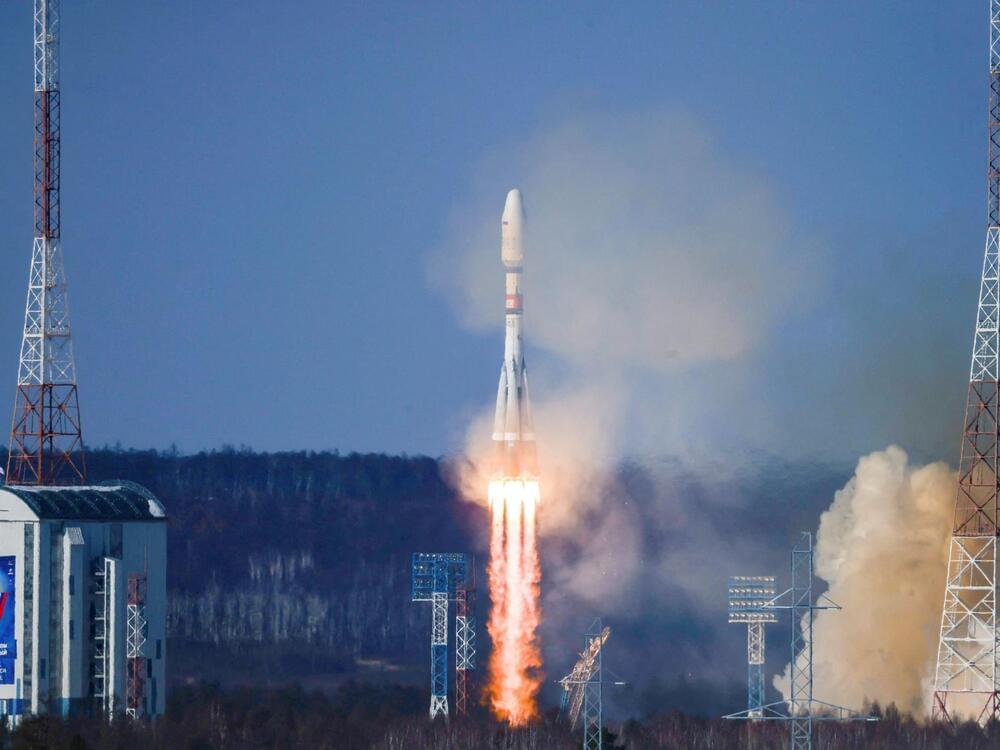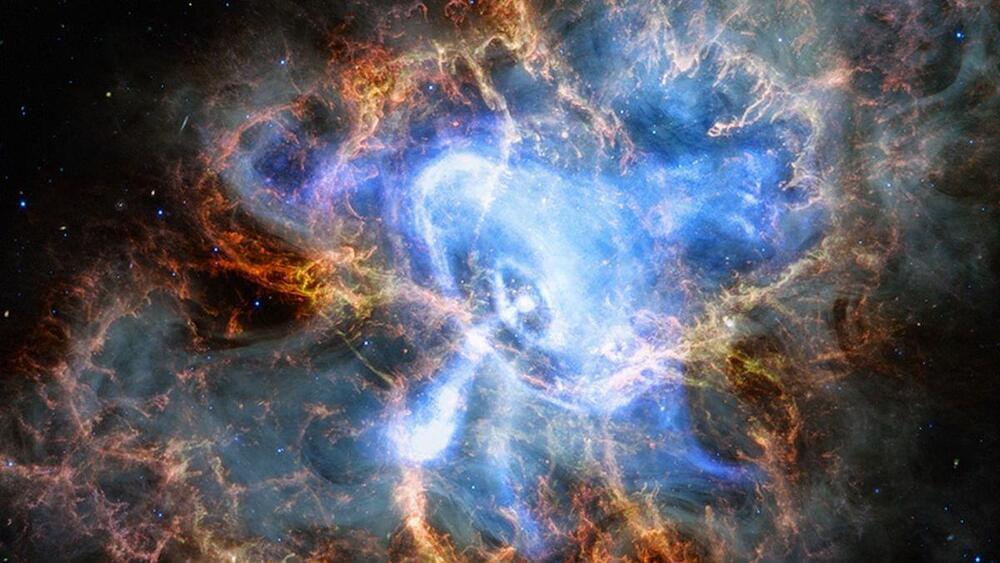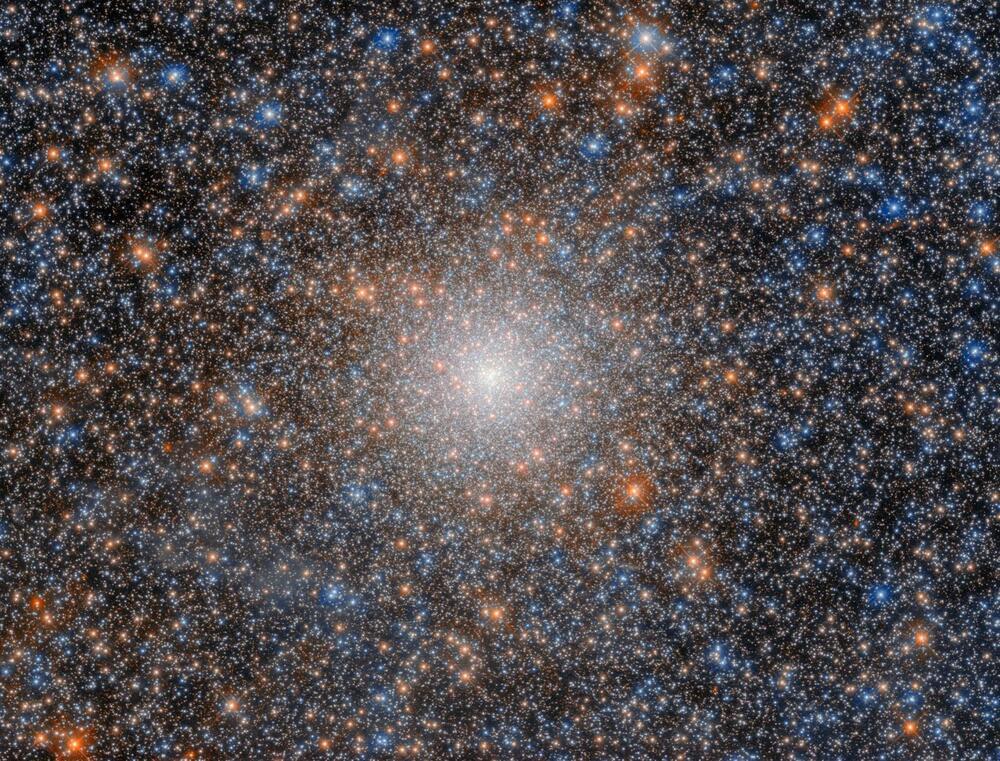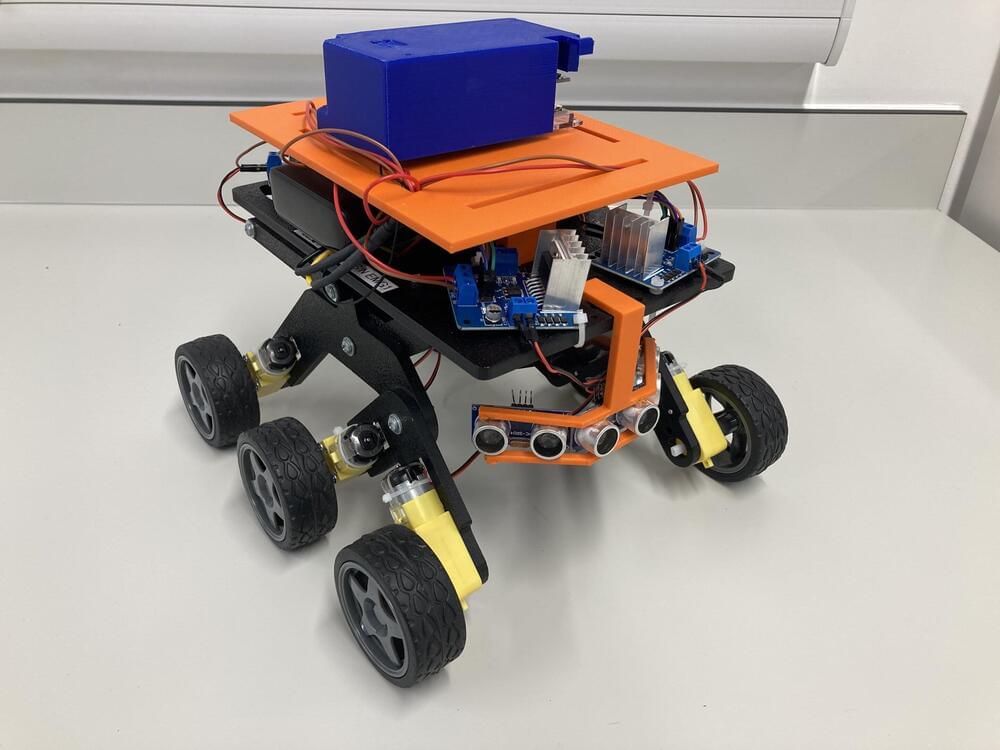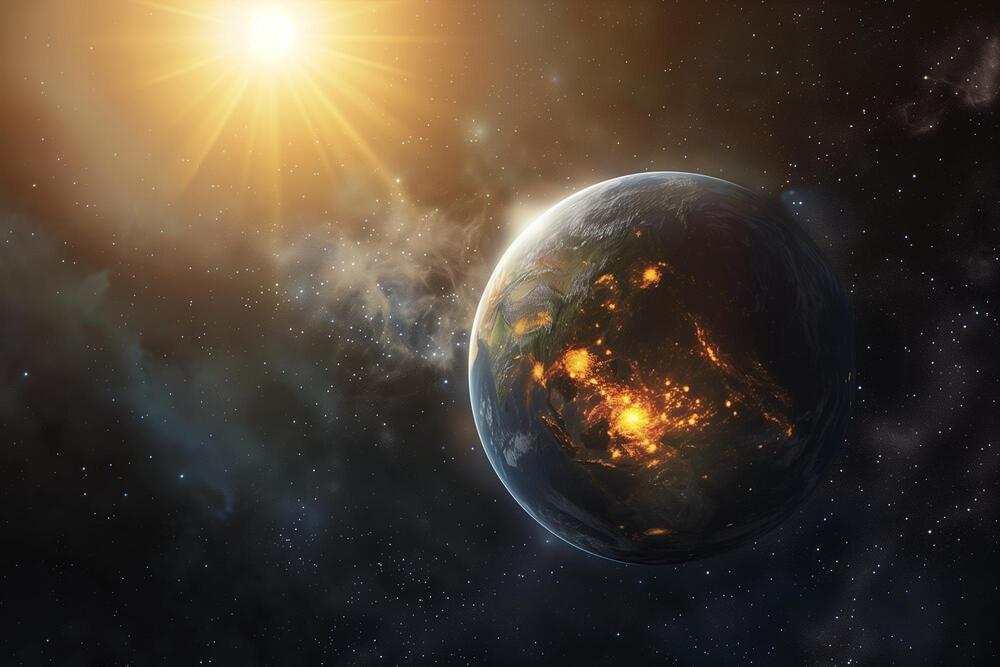
New astrophysical research highlights a significant cosmic event two million years ago when the solar system passed through a dense interstellar cloud. This possibly altered Earth’s climate by exposing it to enhanced cosmic radiation, supported by increased isotopes found in geological records.
Earth was a very different place around two million years ago, with our early human ancestors living alongside saber-toothed tigers, mastodons, and enormous rodents. And, depending on where they were, they may have been cold: Earth had fallen into a deep freeze, with multiple ice ages coming and going until about 12,000 years ago. Scientists theorize that ice ages occur for a number of reasons, including the planet’s tilt and rotation, shifting plate tectonics, volcanic eruptions, and carbon dioxide levels in the atmosphere.
But what if drastic changes like these are not only a result of Earth’s environment, but also the sun’s location in the galaxy?
